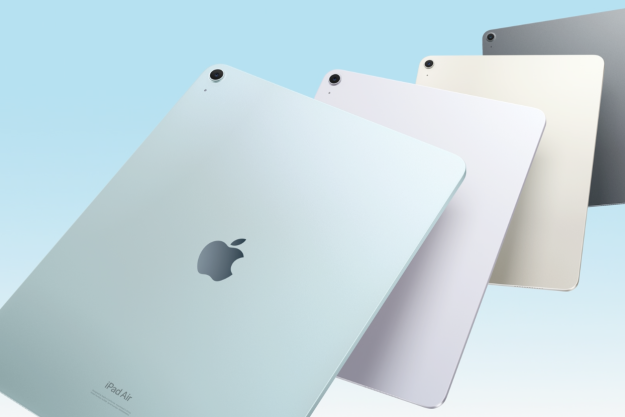Apple has long been the major tech company to put consumers first when it comes to privacy and data safety, often to the frustration of law enforcement trying to gain access to data stored on iPhones. Now, it looks like Apple is making it even harder for the police to access a phone — by closing a technological loophole that law enforcement has been using for some time to gain access to information.
According to Apple, the loophole will be closed in an iPhone software update that will disable the Lightning port one hour after the phone is locked. To transfer data to and from the iPhone, users would then need to use Touch ID, Face ID, or their PIN code directly on the phone. Thankfully, power can still be transferred — so users will still be able to charge their phone without having to authenticate every time.
Of course, news of the update won’t necessarily be well-received by law enforcement. Some agencies have been using special software designed to unlock iPhones, helping them gain access to the data stored on those iPhones for use in their investigations.
Privacy advocates, on the other hand, say that Apple is right to fix the issue. Apple has long been working on ways to make the iPhone safer, and preventing data from being transferred to and from the iPhone without user consent will help the company in that goal. It makes sense — if there is software that law enforcement can use to gain access to an iPhone, then there is software that criminals can use to gain access to an iPhone.
“We have the greatest respect for law enforcement, and we don’t design our security improvements to frustrate their efforts to do their jobs,” Apple spokesman Fred Sainz told The New York Times.
The move is just the latest in a string of moves by tech companies to lock down user data. Apple and Google both began encrypting phone data in 2014, making it almost impossible for others to decipher that data without a key. That, too, was a move that frustrated law enforcement but was widely considered to be the right move by privacy advocates and for the general public.
Editors' Recommendations
- Apple apologizes for its controversial iPad Pro ad
- Apple made an outrageous change to its new iPads
- I don’t think Apple wants me to buy the new iPad Pro
- Apple has quietly killed its cheapest iPad
- Apple updated two of its biggest iPad apps, and they look amazing


